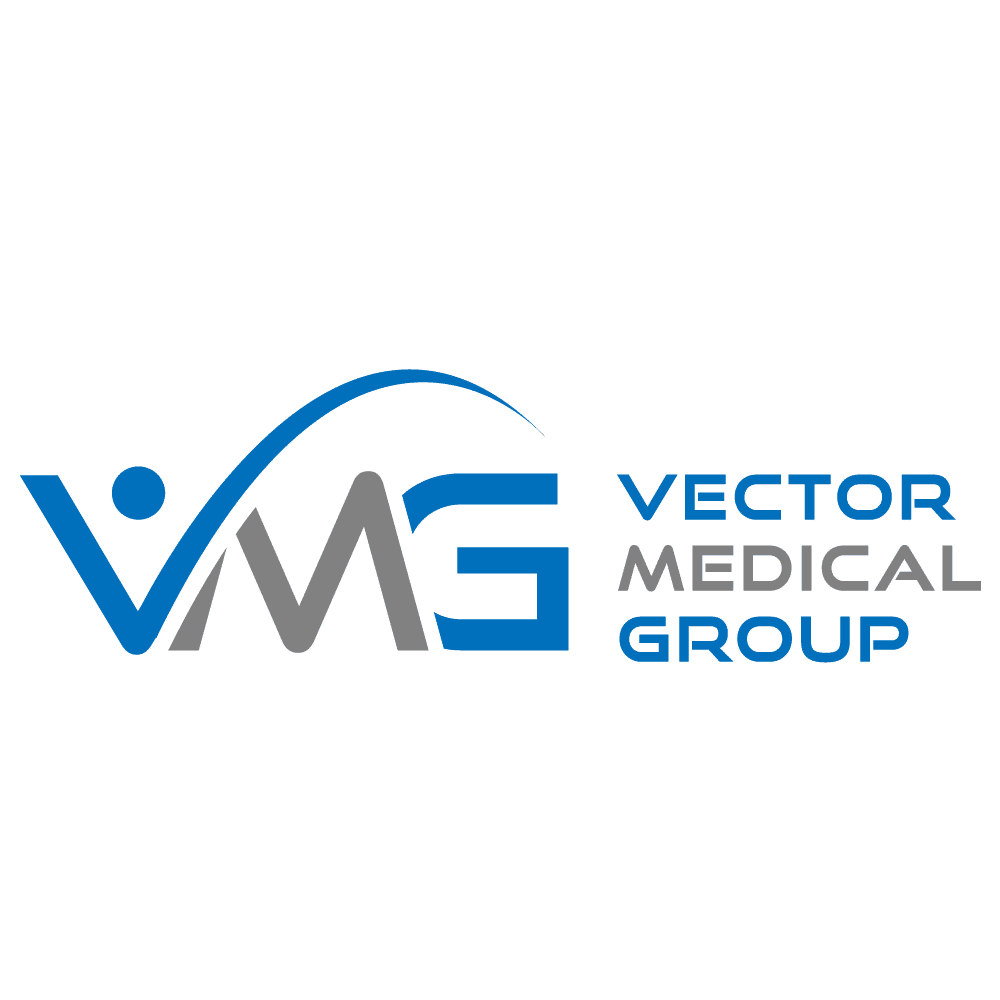By Dana Jacoby
Turning data into life-changing (and life-saving) healthcare insights
For decades, healthcare has treated patients as averages, relying on one-size-fits-all solutions and addressing problems after they arise. Predictive analytics is flipping that approach on its head.
The process uncovers patterns that traditional methods—and even expert eyes—often miss. Through crunching vast amounts of historical and real-time data, it identifies risks earlier, which is a boon for physicians. They’re then able to tailor treatments more precisely, and enable care that’s proactive instead of reactive.
In other words, predictive analytics in healthcare leverages the power of machine learning and patient-specific data to design treatments aligned with individual genetics, habits, and lifestyles.
The result? A move from treating illness to preventing it, where care becomes strategic, personalized, and designed to keep patients ahead of potential health challenges.
Key benefits of predictive analytics in healthcare
Predictive analytics is changing how we think about treatment by combining advanced algorithms with real-time data. Here’s how it’s already making a difference:
1. Early risk identification
Predictive analytics shines in spotting health risks before they escalate. For instance, it can flag patients at high risk of developing chronic illnesses like diabetes or heart disease based on genetic markers, lifestyle factors, and medical history. As a result, healthcare providers can intervene early, preventing complications and improving long-term outcomes.
2. Tailored treatment plans
No two patients are the same, so why should their treatments be the same? Predictive models analyze factors like genetics, a patient’s response to past treatments, and even environmental influences to recommend personalized therapies. Care becomes as bespoke as you can get, as predictive analytics can help you optimize medication dosages and suggest lifestyle modifications.
3. Enhanced patient outcomes
Gone are the days of trial-and-error approaches. Predictive analytics reduces guesswork, leading to more accurate diagnoses, effective treatments, and shorter recovery times. It is continuously learning from patient data, helps refine care strategies, improves patient satisfaction, and boosts trust between patients and providers.
Challenges and ethical considerations
Predictive analytics holds incredible promise, but turning potential into reality comes with challenges. Healthcare providers must overcome hurdles such as data privacy and security in order to fully benefit.
1. Data privacy and security
Predictive analytics depends on sensitive patient information, making data security a top priority. Without robust encryption, strict access controls, and compliance with regulations like HIPAA, patient trust could erode. A single breach doesn’t just expose data—it undermines confidence in the entire system.
2. Algorithmic bias
Predictive models are only as unbiased as the data they’re trained on. If that data reflects societal inequalities, so will the outcomes. This creates the risk of disparities in care, disproportionately impacting marginalized communities. Ensuring fairness means building transparent algorithms, auditing their performance regularly, and actively addressing biases in the data.
3. Integration challenges
Healthcare isn’t a plug-and-play industry. Integrating predictive analytics into existing systems can be complex, requiring updates to legacy platforms and training for providers. It’s not just a case of adopting new tools—it involves rethinking workflows and making sure the technology works seamlessly within them.
These obstacles present opportunities to create a system that prioritizes security, fairness, and functionality for all. Tackling these issues head-on paves the way for healthcare providers to harness predictive analytics responsibly.
The future of predictive analytics in personalized healthcare
The future of healthcare is undeniably data-driven, with predictive analytics leading the charge toward more precise, proactive care.
Wearable devices are already changing how health data is collected in real time. These tools, from glucose monitors to heart rate trackers, will soon integrate with predictive models to flag potential health risks before symptoms even arise. Instead of waiting for problems, patients could get early warnings about conditions like rising stress levels or an impending heart issue—enabling quicker, targeted interventions.
Genomic data is another key player in this transformation. Analyzing genetic information to uncover predictive analytics can subsequently reveal predispositions to disease. It also leads to physicians being able to further tailor treatments to a patient’s specific biology. For those with complex conditions, this means therapies designed specifically for their DNA, delivering a new level of personalized care.
Beyond individual benefits, predictive analytics has the power to overhaul healthcare systems. AI tools will analyze population trends to anticipate resource demands—be it staffing, hospital beds, or medication supply. This kind of foresight could prevent bottlenecks, reduce inefficiencies, and establish smoother operations during peak periods.
As predictive analytics evolves, it’s not just refining treatment—it’s redefining how healthcare is delivered. At Vector Medical Group, we help healthcare providers and organizations get to grips with these advancements, allowing them to harness the full potential of predictive analytics.


